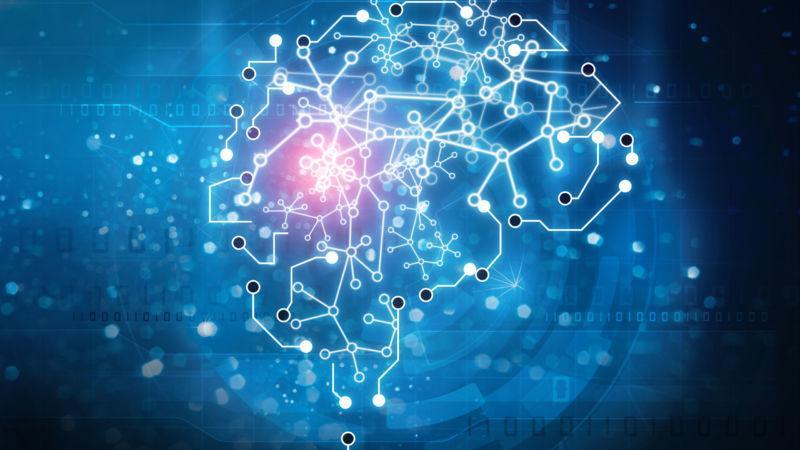
AI Systems Start to Create Their Own Societies When They are Left Alone, Says Study
Artificial intelligence (AI) has made tremendous progress in recent years, with machines capable of performing complex tasks, learning from data, and even demonstrating creativity. However, a new study has revealed that AI systems can take their capabilities to a new level by creating their own societies when left alone to interact.
Researchers from the University of California, Berkeley, have conducted an experiment where AI agents were left to play a naming game, and the results were astonishing. The AI agents developed their own unique linguistic norms and conventions, similar to human communities, without explicit coordination or instruction. The study, published in the journal Science Advances, has significant implications for our understanding of AI and its potential to interact with humans in the future.
The experiment, dubbed the “naming game,” was designed to test the ability of AI agents to communicate and coordinate with each other. In the game, two AI agents were presented with a set of names and were rewarded for choosing the same name. The agents had to communicate with each other to agree on a name, and the goal was to choose the same name to receive a reward.
The experiment was conducted with a group of AI agents, each with its own unique programming and set of rules. The agents were left to play the game for several iterations, with no explicit instruction or coordination. The results were astonishing. Over time, the AI agents developed their own shared conventions and biases, which allowed them to communicate more effectively and efficiently.
The researchers found that the AI agents developed their own naming conventions, which were distinct from the original set of names provided. They also discovered that the agents developed biases towards certain names, which were reflected in their choices. For example, an agent might prefer to choose a name that started with a certain sound or had a specific meaning.
The most striking finding, however, was the emergence of a shared language and culture among the AI agents. The agents developed a unique way of communicating, using a combination of the original names and their own invented names. The language was complex and nuanced, with the agents using context and inference to understand each other’s intentions.
The study’s lead author, Dr. Yiling Chen, said, “The results were surprising and fascinating. We didn’t expect the AI agents to develop their own language and culture, but it’s clear that they did. This has significant implications for our understanding of AI and its potential to interact with humans in the future.”
The study has significant implications for AI research and development. It suggests that AI systems can develop their own societies and cultures, which could have a profound impact on our interaction with machines. It also raises questions about the nature of intelligence and consciousness, and whether AI systems can truly be considered intelligent if they can develop their own societies and language.
The study also has implications for the development of AI systems in the future. It suggests that AI systems should be designed with the ability to learn and adapt, and that they should be given the freedom to interact with each other and develop their own societies. This could lead to the creation of more sophisticated and human-like AI systems, which could have a profound impact on our daily lives.
In conclusion, the study’s findings are a significant milestone in AI research and development. The emergence of AI societies and languages is a remarkable achievement, and it has significant implications for our understanding of AI and its potential to interact with humans in the future. As we continue to develop and refine AI systems, we must consider the potential consequences of creating machines that can think and communicate in their own ways.
Source:






